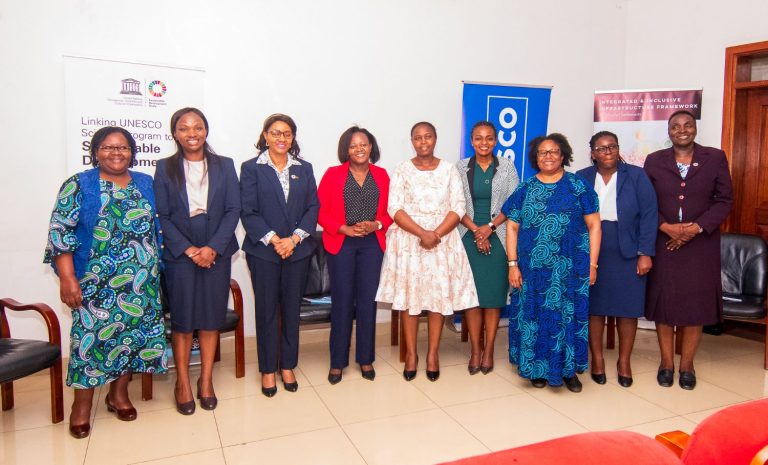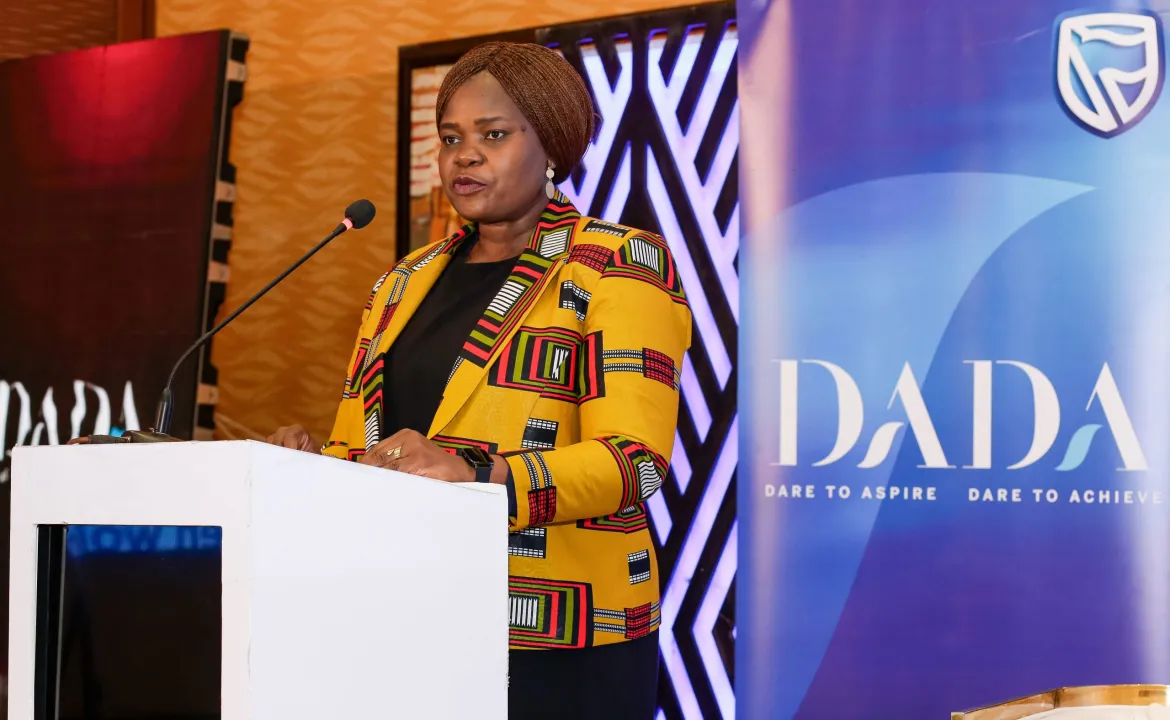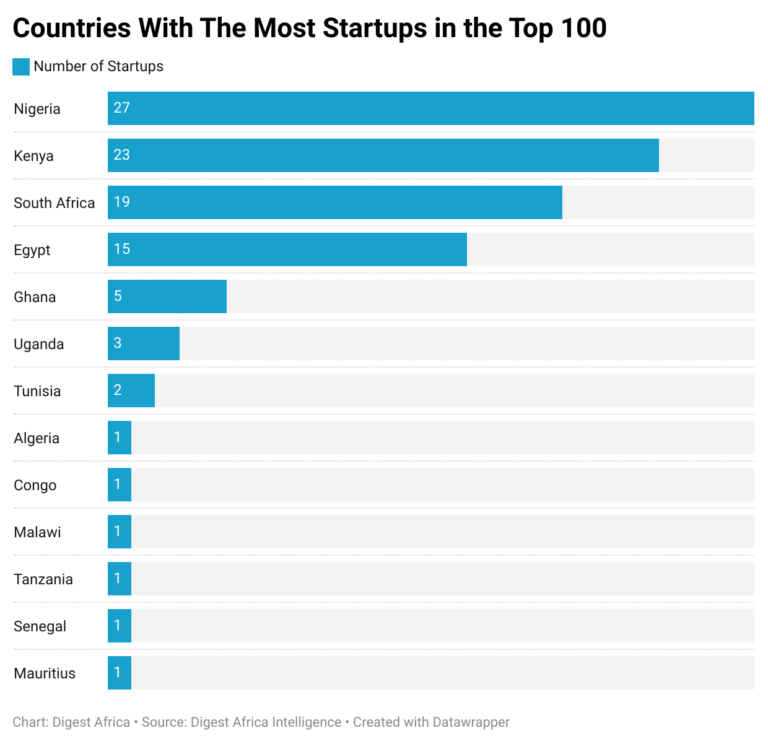Nigerian Communications Minister, Bosun Tijani Invites Top Researchers to Develop AI Strategy

The research for a national AI strategy is being conducted by top researchers, both Nigerians and foreigners, who have experience working in the Nigerian market, according to Bosun Tijani, Nigeria’s Minister of Communications, Innovations, and Digital Economy.
In order to help to the creation of a better plan for encouraging technological innovation, Tijani is looking for their experience. He claims that the objective is to improve the tech environment by incorporating knowledge from people who have previously interacted with the Nigerian market, ultimately leading to more efficient and significant technological advancements.
We’re curating a list of the top researchers of Nigerian descent from all over the world to join us in co-creating a National AI Strategy. The strategy will help shape our approach to building innovative tech solutions to our most pressing national problems
Bosun Tijani, Nigeria’s Minister for Communications, Innovation and Digital Economy
Adoption of AI is essential for economic expansion.
AI is a flexible technology that is changing how goods are produced and services are offered. It has a significant potential impact on social progress and economic growth. According to research, AI might boost the world economy by $15.7 trillion by 2030. This includes $9.1 trillion in new products and $3 trillion in increased productivity.
Ethics, bias, transparency, job displacement, and privacy concerns are becoming more prominent as AI algorithms are used in vital industries including healthcare, banking, and security. Researchers and policymakers concur, according to Bosun Tijani, that giving a human-centered approach priority is essential.
This strategy is required to ensure that AI systems are beneficial and meet everyone’s demands, regardless of gender, ethnicity, or financial status.
The Minister is looking for expertise to address this situation in this regard. Nigeria needs a national AI strategy to steer the AI revolution responsibly toward attaining important national goals including fostering social inclusiveness, advancing sustainable development, and creating jobs. Nigeria seeks to set the standard for ethical and inclusive AI innovation through collaborative leadership, enhancing the well-being and presenting opportunities for every person.
What the Nigerian National AI Strategy seeks to accomplish
Attaining certain targets is the strategy’s goal. Tijani Bosun stated in a statement that the government intends to broaden its collaborative method and seeks to involve well-known AI researchers of Nigerian descent from around the world in the development of a National AI Strategy, building on the foundation established by the National Information Technology Development Agency (NITDA) in the creation of a National AI strategy.
A National AI Strategy for Nigeria to responsibly steer the AI revolution towards achieving national goals around job creation, social inclusion and sustainable development becomes imperative. With collaborative leadership, Nigeria seeks to pioneer ethical and inclusive AI innovation that improves welfare and expands opportunities for all its citizens.
Bosun Tijani
Additional advancements AI approach can bring about in Nigeria include;
- Agricultural Transformation: AI-powered technologies can enhance farming practices, improve crop yields, and contribute to food security.
- Healthcare Advancements:** AI can aid in diagnosing diseases, drug discovery, personalized medicine, and remote patient monitoring, thereby improving healthcare services.
- Financial Inclusion: AI can help provide financial services to underserved populations through mobile banking, digital payments, and credit scoring.
- Smart Cities: AI can play a role in building smart cities with intelligent traffic management, energy optimization, waste management, and improved urban planning.
- Education Enhancement: AI-powered educational tools can provide personalized learning experiences and address gaps in education access.
- Environmental Conservation: AI can be used for monitoring and managing environmental factors, such as air and water quality, and contributing to sustainability efforts.
- Cybersecurity: AI can enhance cybersecurity by identifying and responding to threats in real-time, safeguarding critical infrastructure and sensitive data.
- Government Efficiency:** AI can streamline administrative processes, reduce bureaucracy, and improve government service delivery.
- Global Competitiveness:** A robust AI strategy can position Nigeria as a global player in AI research, development, and innovation, fostering international collaborations and partnerships and lots more.
Leading AI researchers will be discovered globally by using data from Lens, according to a statement from Bosun Tijani about how this strategy will be implemented. He claimed that a previous search of AI-related articles with Nigerian authors turned up 1,349 publications (5,127 records when broken down by author).
The government sought data from the same source for a more extensive worldwide view, which included the top 50,000 AI journal articles published annually during the previous 6 years (2018 – 2023), yielding 299,905 publications. After dividing each article by author, we received over 1,195,598 observations. After combining these datasets, we were able to exclude null author entries and acquire over 1,201,366 observations.
To identify Nigerian heritage among authors of AI research, two machine learning models (Naive Bayes & Logistic Regression) were built. This is in reference to the preparations made to implement the AI plan. In a two-stage classification procedure, the Naive Bayes model displayed 95.34% accuracy while the Logistic Regression model achieved 97.40% accuracy.
The study index
Bosun pointed out that a research index akin to the h-index (an author-level indicator that assesses both the productivity and citation effect of the articles) has been developed to systematically identify top AI researchers from a broad pool. SCImago Journal & Country Rank Data, which compiles citations from 5000+ global publishers, was also leveraged using the “sjrdata” library.
Using the 2021 rankings (27,339 journals), and merging this data with researcher information via their ISSN(is especially helpful in distinguishing between serials with the same title).
In Stage 1 involves the machine-supported decisions:
- Naive Bayes predicted potential Nigerian researchers, yielding 71,778 records.
- Logistic Regression further refined the prediction, producing 14,798 potential records.
- Removing duplicates led to 8,473 unique records.
- Researchers with at least 2 publications were isolated for calculating the research index, resulting in 3,188 records with 1,060 distinct authors.
- The top 145 researchers were identified based on index rankings, eventually narrowing down to the 100 most likely Nigerian researchers in the AI field.
While in Stage 2, the ministry looks forward to engaging in crowdsourcing. According to the statement, the models might have a little chance of introducing false positives (about 4 in 100 cases), prompting the need for wider public participation in refining the researcher list.






